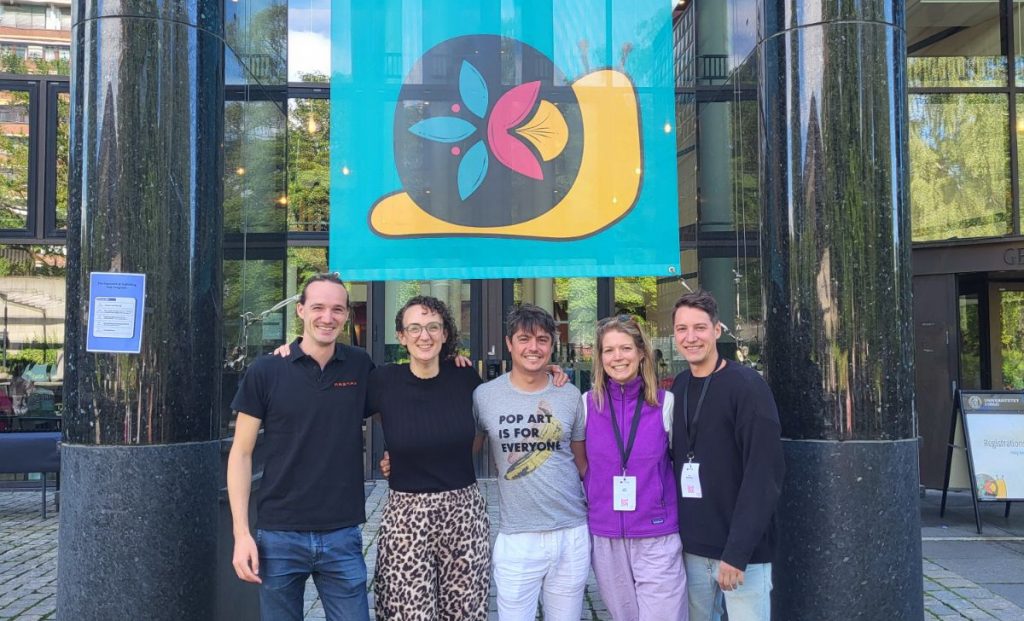The EU’s new Critical Raw Materials Regulation fails to tackle rampant overconsumption and deliver justice for communities facing mining
Brussels, 16 March 2023 – The European Commission today published its Critical Raw Materials Regulation. It addresses both a new list of 16 ‘strategic raw materials’ and a list of 34 ‘critical raw materials’ the European Commission already defines and has added to. All 16 strategic raw materials are also considered ‘critical’.
Our verdict
Friends of the Earth Europe is deeply concerned that the regulation’s main priority to “ensure the Union’s access to a secure and sustainable supply of critical raw materials”, neglects the fact that our current demand for these raw materials needs to significantly decrease in order for the EU’s green transition to succeed in a just manner. If not, this immense demand will only mean more harm to communities facing mining, to the climate and to the environment.
Meadhbh Bolger, resource justice campaigner at Friends of the Earth Europe says:
“Our hopes for these groundbreaking new laws are crushed: The EU is missing its opportunity to wean us off our massive hunger for raw materials. The final laws short-sightedly focus on securing supply, financing new projects, and boosting exploration in the EU and in third countries, while largely neglecting due diligence laws and human rights, in particular of Indigenous Peoples. We cannot continue with the business-as-usual economic model demanding more and more. The EU must champion resource use reduction and human rights in the green transition.”
What’s in the new laws?
The regulation promises to ramp up exploration in Europe, with Member States having to draw up national programmes for exploration and prioritise these areas in planning laws. It also envisions a list of Strategic Projects both in the EU and in third countries. These projects will benefit from fast tracked permitting and some will be considered of ‘overriding public interest’, which could give them priority, for example, over EU nature laws and local/regional laws. There is no obligation for all of the projects to comply with EU due diligence law, to carry out Environmental Impact Assessments, or to gain community consent.
Reducing demand
A certain amount of raw materials will inevitably be needed in green transition technologies, yet the Regulation needs to clearly outline ways of limiting the demand for raw materials across the economy through reduction and sufficiency measures, such as renovating buildings to save on energy, prioritising public transport over private cars, and reducing unnecessary uses such as space exploration and armament. There are some positive measures outlined on recycling, reuse and waste re-mining which will assist towards this, but it is not enough.
Next steps
It is now up to the European Parliament and the Council of the EU to discuss and improve on the proposal in the coming months.
Read our full analysis and demands here.







